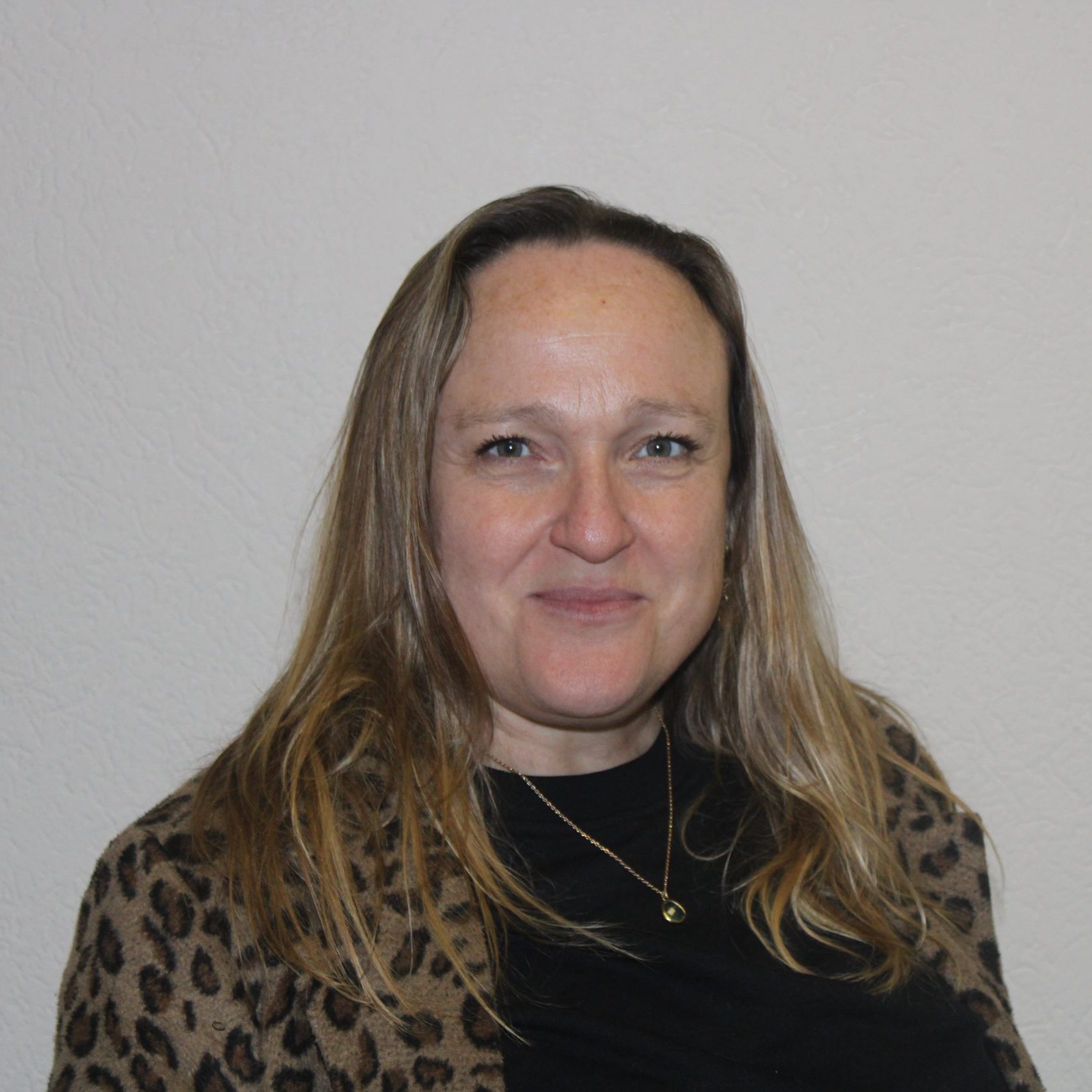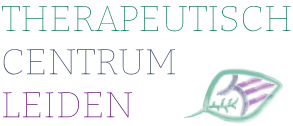NATHALIE WELLSTOOD
(PSYCHOSOCIAL TRAUMA THERAPIST)

Website: www.internalaffairs.nu
Email: nathalie@internalaffairs.nu
Phone: 06-41674668
Hi,
I am Nathalie Wellstood and, as a domestic violence specialist and psychosocial trauma therapist, I specialise in treating victims of complex trauma, also known as complex post-traumatic stress disorder (CPTSS). This multiple traumatisation occurs in situations where escaping or getting away from long-term physical or psychological abuse is not an option. Experiencing long-term domestic violence is a major contributor to CPTSS and leads to a range of symptoms that are often difficult for both victims and caregivers to understand and treat. Examples include:
- Difficulty asking for or accepting help.
- Not understanding your own feelings well, having difficulty talking about your feelings or putting them into words.
- Being afraid of your own emotions
- Avoiding connection and vulnerability
- Difficulty trusting others - Being hyper-vigilant
- Automatically blaming yourself for everything
- Feeling worthless and helpless
- Feeling out of place, not connected to the world around you
- Not being able to say 'no'
- Getting too close to people too quickly
- Expecting too much from others
- Always taking care of others
- Always subordinating yourself and your wants and needs to others
- Tendency to avoid people as much as possible
- Tendency to have extreme dependence or independence
- Tendency to have emotional closure - not feeling anything anymore, feeling dead inside
- Self-isolation - Closing yourself off from the world around you and exhibiting avoidant behaviour and then wondering why no one cares about you.
- Dissociation - Feeling disconnected from yourself and your environment
- Being able to feel and discharge intense emotions alone through e.g., music, art, film/TV
- Impulsive reactive behaviour
- Extremely tough behaviour - I don't need anyone and if you try to do something to me, I'm ready for you
- Extreme anger
- Substance abuse and addiction
- Depression
- Despair
- Anxiety and panic attacks
- Impulsive behaviour
- Control compulsion - Perfectionism
- Workaholic
- Passive behaviour, not getting anywhere
- Self-destructive and suicidal behaviour
For many victims of complex trauma, learning to understand your own behaviour is a powerful way to be able to find your way back to yourself. It is precisely restoring that connection with yourself that is needed to be able to experience empathy and safety again, enabling you to comfort, calm and support yourself without needing the help of the above survival strategies.
Based on successful treatment methods such as Trauma-Informed Stabilisation Treatment by clinical psychologist Janina Fisher, Internal Family Systems by psychotherapist and neuroscientist, Richard C. Schwartz and the Polyvagal Theory by neuroscientist and professor Stephen Porges, I help you normalise and understand your inner struggles and self-defeating behaviour. By putting it in context, you become better able to start experiencing your own thinking and actions as normal reactions to abnormal experiences and not as yet another form of proof that you are deficient or inadequate. From self-compassion, together we build sustainable recovery in which safety, self-confidence, self-love and connection with yourself and others become possible again.
I know that the above forms of therapy are powerful and effective from the experiences of my clients, but also from my own experiences with complex trauma and recovery. As an expert by experience, I know how it feels to live in a body organised around the expectation of destruction, abandonment and insecurity. How it feels to not know, understand, trust or find yourself worthwhile. Fortunately, I also know that there is a way out of this maze of self-hatred and self-doubt and that ending surviving and starting to live is a real option. Wondering if this is something for you too? Visit my website or contact me directly and we will discuss the possibilities together. And if you have any questions, feel free to ask.
If you prefer your therapy in English, I am a native speaker in English and Dutch.
REIMBURSEMENTS
As a therapist, I am affiliated with professional association NVPA, which means that (part of) the treatment is eligible for reimbursement under the additional insurance. What and how much is reimbursed depends on your health insurer and your policy. Via this link you can check what applies to you: https://nvpa.org/zorgverzekering
Name therapist: Nathalie Wellstood
Professional association NVPA membership number: 105222
